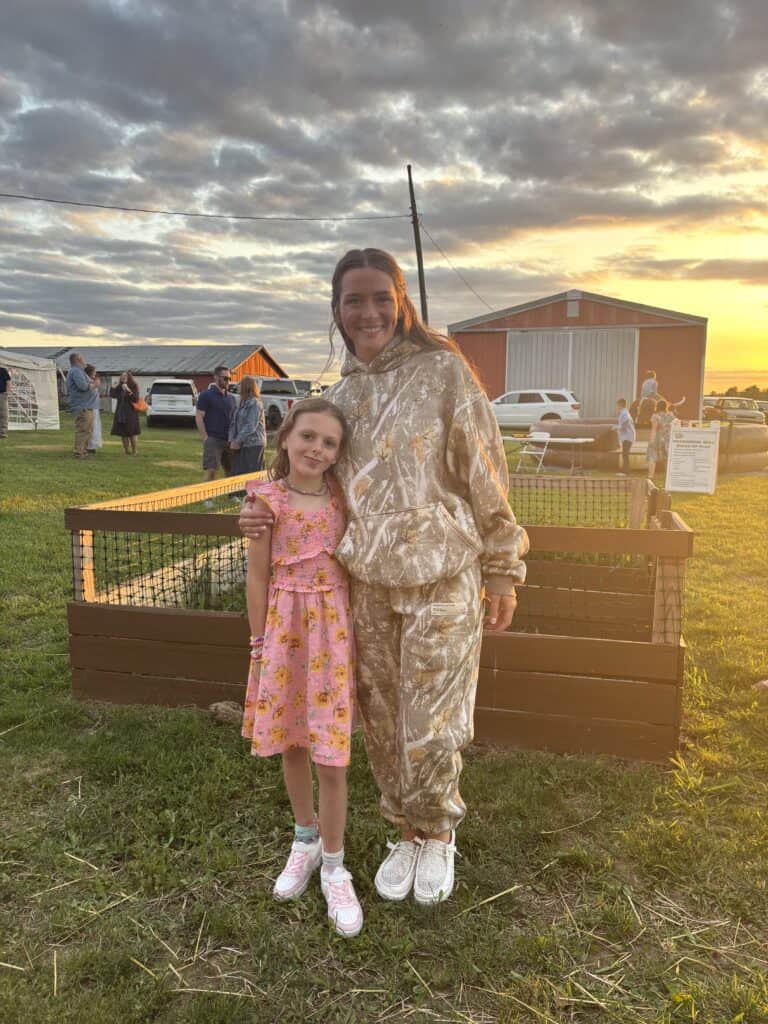We often remind mentors that “mentoring is not parenting.” There might be times you need to help correct a child’s behavior, like if they’re being a little too loud in public, but mentoring is much different than parenting. Just as no one confuses teachers or coaches for “parents”, we shouldn’t confuse mentoring with parenting, either.
A mentoring relationship is unique. Like teachers and coaches, mentors can spend a considerable amount of time with their mentees. But teachers and coaches are often “one to many”, not “one to one”. And mentors frequently “become like family.” Further, like a child’s parents, grandparents, or guardians, mentoring relationships are among the most valuable because they’re so close and one-to-one.
Mentoring programs, when done well, can even improve family dynamics and a parent’s mental health by providing social support, skills, and even learning opportunities that enhance mental health outcomes for kids and, by extension, their family.
Breaking down parenting vs. mentoring by roles and responsibilities
| Role | Parenting | Mentoring |
| Time | 24/7 | 1-2 hours a week |
| Authority | Legal authority and disciplinarian | Small corrections in behavior, but primarily encouragement and a positive role model |
| Emotional investment | Deep, lifelong relationship bound by family relationships | A caring relationship of support and friendship built over time, and usually short-term |
| Challenges | May face family challenges, health issues, or hundreds of other barriers | Provides standalone, consistent support to young adults during formative years |
| Goals | Helps kids with guidance and growth through society | Supplements parents and family with new skills, perspectives, and knowledge |
| Support | Provides all available resources and needs | Helps complement existing resources and stresses the importance of personal growth |
| Academics | Responsible for focus, safe space, and costs | May be helpful with homework, but can demonstrate professional and career goals |
| Athletics | Responsible for costs and legal decisions in joining teams | Can encourage good sportsmanship, attend games, and show additional support |
| Boundaries | Flexible and all-encompassing | Clear and professional boundaries set by the Boone Co. Mentoring Partnership |
| Life scope | Long-term success and independence | Can be a lifelong friendship, but primarily focused on youth up to 18 years of age |
A good mentoring relationship supports family relationships
It’s a misconception that most kids in mentoring programs are there because the family is “broken” and therefore the kids need some kind of “supplemental parent” in their lives.
It is true that many families face separation amongst biological parents, either because of divorce, separation, or even death. And it is true that there are kids in our community who may live some or most of the time with grandparents or other guardians. The reasons for participation amongst kids in the Boone County Mentoring Partnership are vast. Many kids come from families who just want to expose their kids to more people and different experiences.
Done well, mentoring programs like ours pair young adults with a good mentor who helps kids build confidence in themselves, receive guidance on new things in the world, navigate challenges, and become close, long-term friends.
- Kids with mentors can build confidence simply by hearing from another trusted adult that they are good, worthy, or capable. Kids know “Mom has to say that!” but mentors carry an aura of authority.
- Kids from single-parent households can discover improved relationships with family as mentors provide a few hours a month of dedicated time elsewhere.
- Kids often tell mentors things they may not want to talk to a parent about. It can be difficult for young girls to talk about crushes with mom, or for young boys to talk to their dad about relationships or struggles at school or in sports.
- Mentors support parents by being another voice of encouragement, like saying, “Dad’s probably right on this one.”

Mentors provide these benefits not because the parents are failing or inadequate. To the contrary, mentors provide these benefits precisely because the parents are involved and care! Parenting is hard, and parents know they can’t be good at everything.
Mentors support families by providing safe, supportive time doing things, going places, or discussing matters that fall outside the bounds of their world. This could be as simple as working on cars, spending time outdoors, racing, sports, computers and gaming, and more.
Become a mentor today, or talk to us about what it might be like
You can learn more and sign up to become a mentor with Boone County Mentoring right now. The process includes one-on-one discussions, a brief application to gauge interests, and a background check.
If you’re still unsure, sign up for a no-risk conversation with us. These sessions are private and not a commitment to become a mentor. Sessions last about 15 minutes and can be used to ask questions about other mentors, current needs among youth, get advice, and see where your skills might be most beneficial. You can choose between a phone call or Zoom. Or, send us an email.
